Building Strong Foundations - Mastering the Rook
31 January 2026

31 August 2025
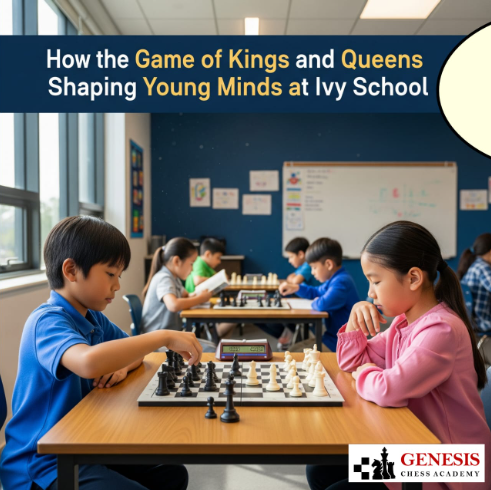
When we think of Chess, we mostly think about two grandmasters playing on a checkered board in a silent room. But in reality Chess is more than just a game for millions of children around the world. At its core, every move of chess helps develop their focus, strengthen their decision making skills and strategic thinking.
The core idea behind teaching chess in schools is far beyond building the chess grandmaster in fact this is considered as the dynamic tool to develop crucial and academic skills Chess is a low-cost, high-impact activity that uniquely teaches children to think critically and strategically, to solve complex problems, and to make informed decisions under pressure.
Genesis Chess Academy is providing Chess training classes at Ivy School which is led by not only skilled and professional trainer but a National level Chess Player “Sir Ammad”, our classes are held twice a week to provide a structured yet safe environment for students of Ages 5 - 12. Sir Ammad's approach goes beyond simple moves; he uses a blend of group instruction, interactive puzzles, and friendly matches to build a deep understanding of the game. GCA’s program is designed to be a fun and supportive space where students can not only sharpen their tactical skills but also build friendships, learn sportsmanship, and gain the confidence that comes from mastering a challenge.
At Ivy, we see chess as more than just a game and a mental workout for kids. Each moves required students to focus on the board, anticipate their opponent’s move and think about a few moves ahead in advance. A process which directly improves their critical thinking and problem solving skills.
In today’s fast paced world, where focus and concentration are very rare skills. Chess is serving as a powerful antidote to distraction, teaching students to sit, focus, and commit to a task at Ivy School kids. The game demands complete attention, helping them build concentration and memory skills. This increased ability to focus not only helps them during chess matches but also significantly improves their performance in the classroom, from listening to lectures to completing homework assignments with greater efficiency.
Chess is a game but it teaches kids that every move in a game and every decision in life has a consequence to it, but mistakes are a part of growth. When a player loses a piece or a game, they learn to analyze what went wrong and how to improve. This process builds resilience and sportsmanship.
Apart from its academic benefits, chess is a powerful tool for social and character development at Ivy School. The game instills sportsmanship and respect as students learn to win and lose gracefully, offering a handshake or a kind word to their opponent regardless of the outcome. This direct interaction helps build social skills and empathy. Furthermore, our chess program creates a vibrant community where students from different classes and age groups come together, united by a shared passion. This collaborative and competitive environment helps to build confidence and social connections, as children engage in friendly rivalry and constructive conversation, turning the chessboard into a platform for building friendships and a lifelong appreciation for fair play.
At Ivy School, the success of our After-School Chess Program is largely thanks to our dedicated instructor, Sir Ammad, from Genesis Chess Academy. His role goes far beyond merely teaching the rules of the game. Sir Ammad is a mentor who cultivates a love for chess, transforming complex strategies into engaging lessons. He fosters a supportive environment where every student, regardless of their skill level, feels encouraged to learn and grow. By focusing on critical thinking, sportsmanship, and resilience, he ensures that students not only become better players but also develop crucial life skills that will benefit them far beyond the chessboard.
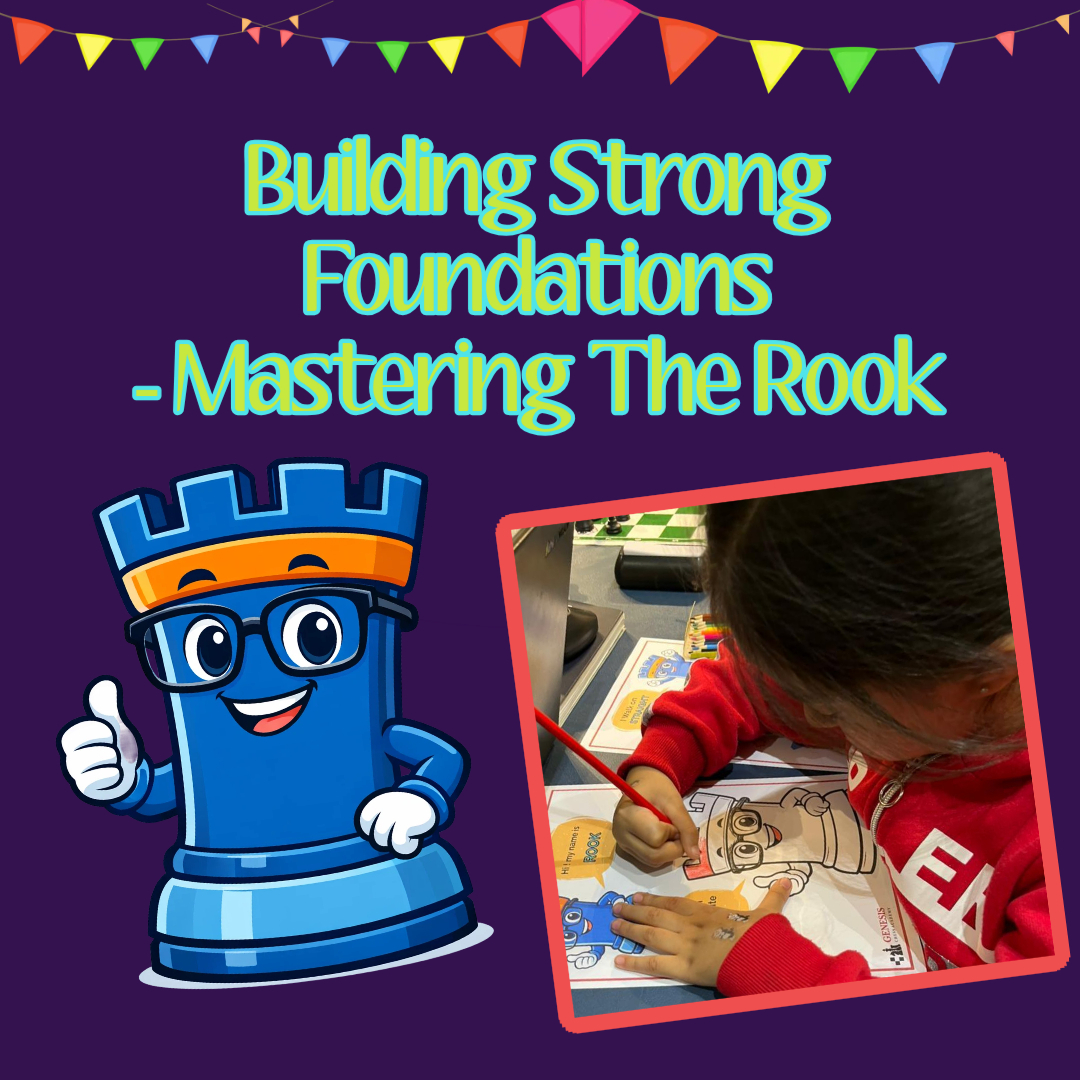
31 January 2026
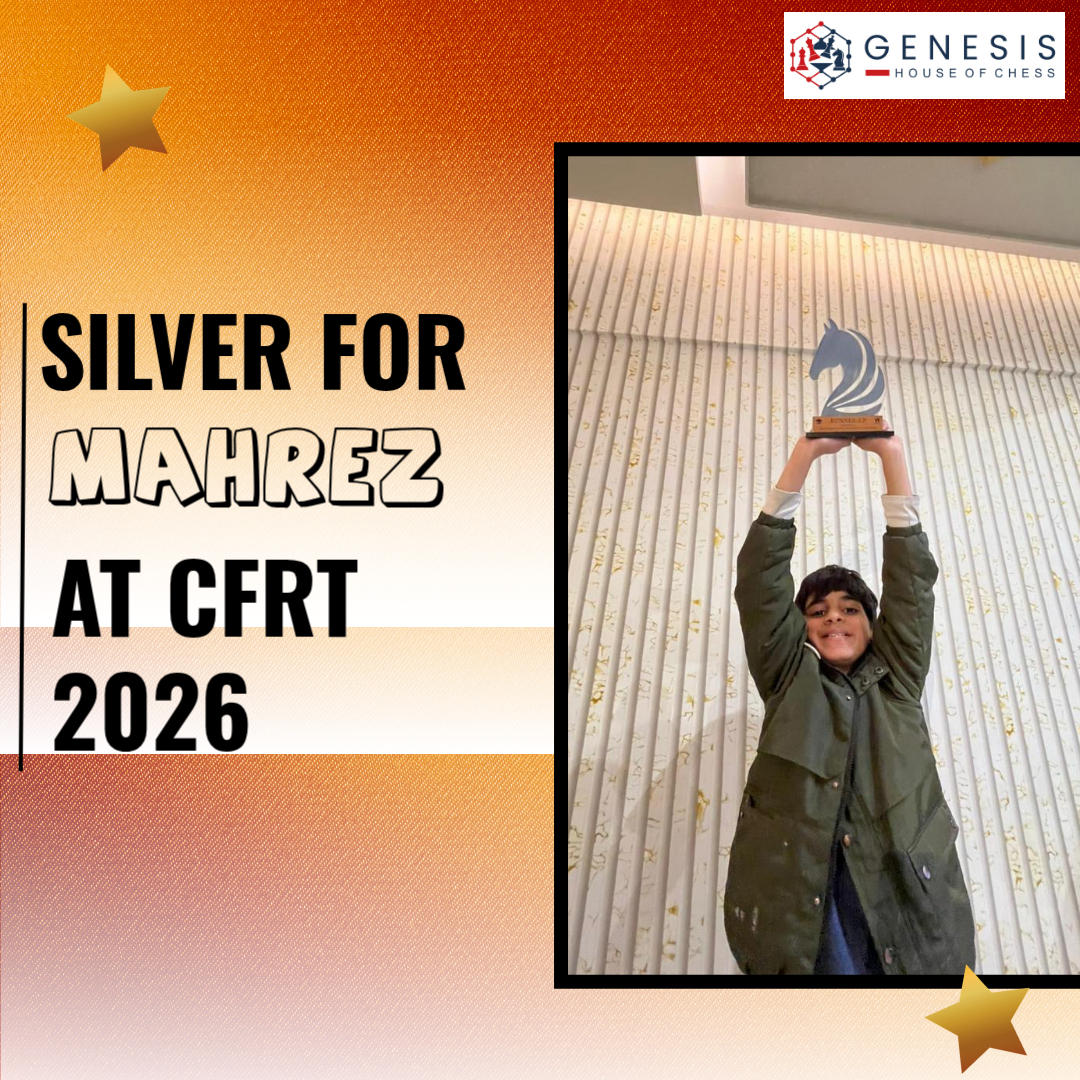
25 January 2026
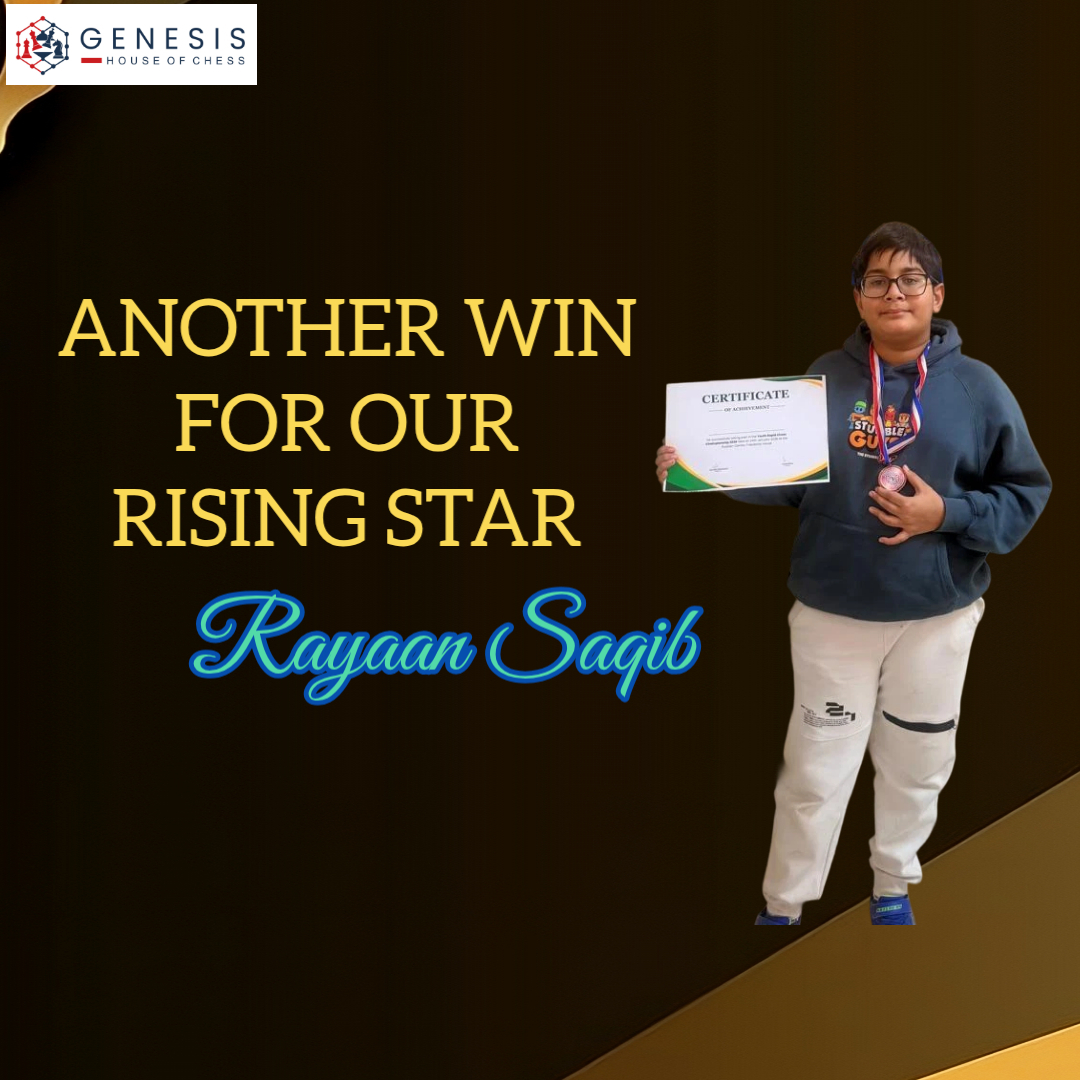
25 January 2026
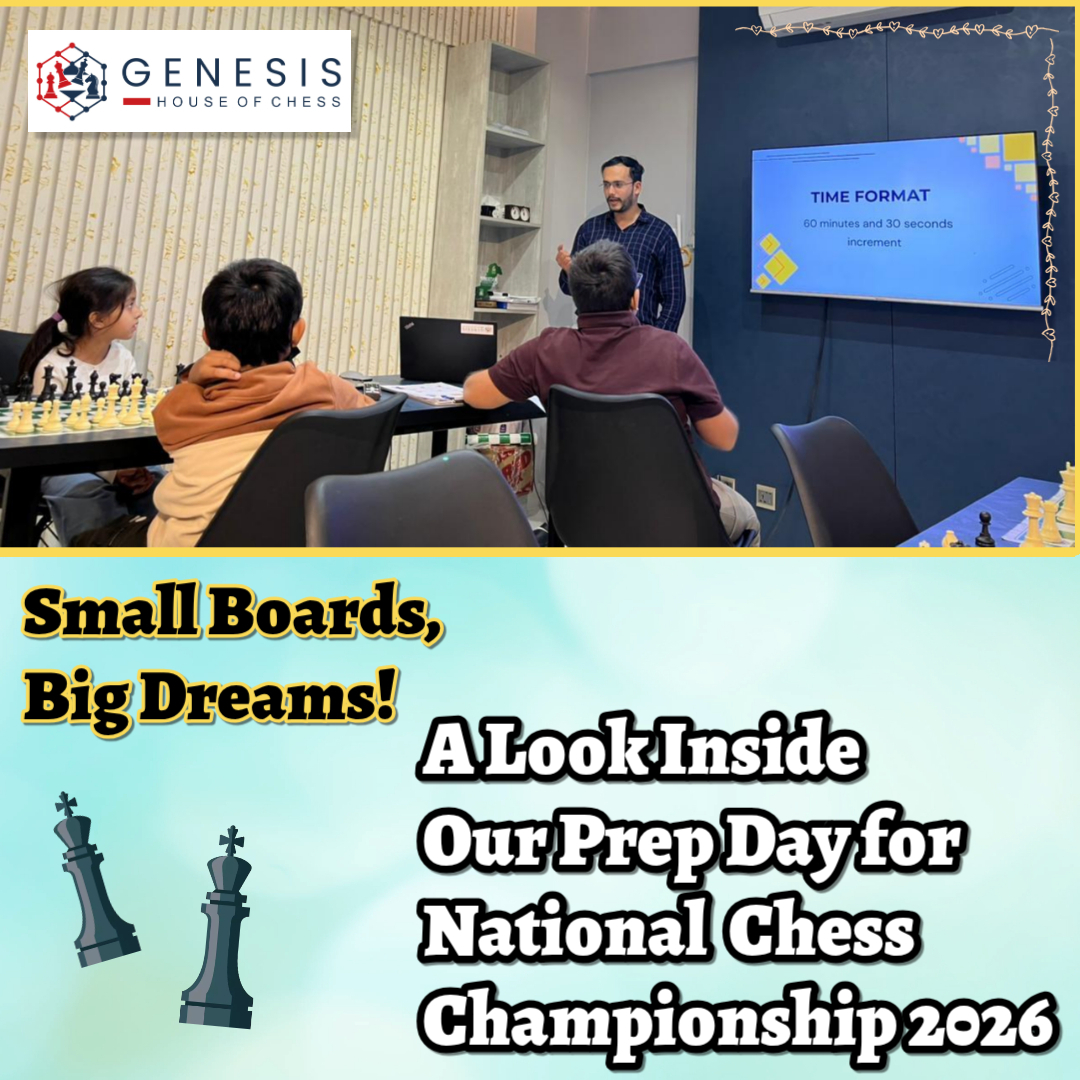
24 January 2026
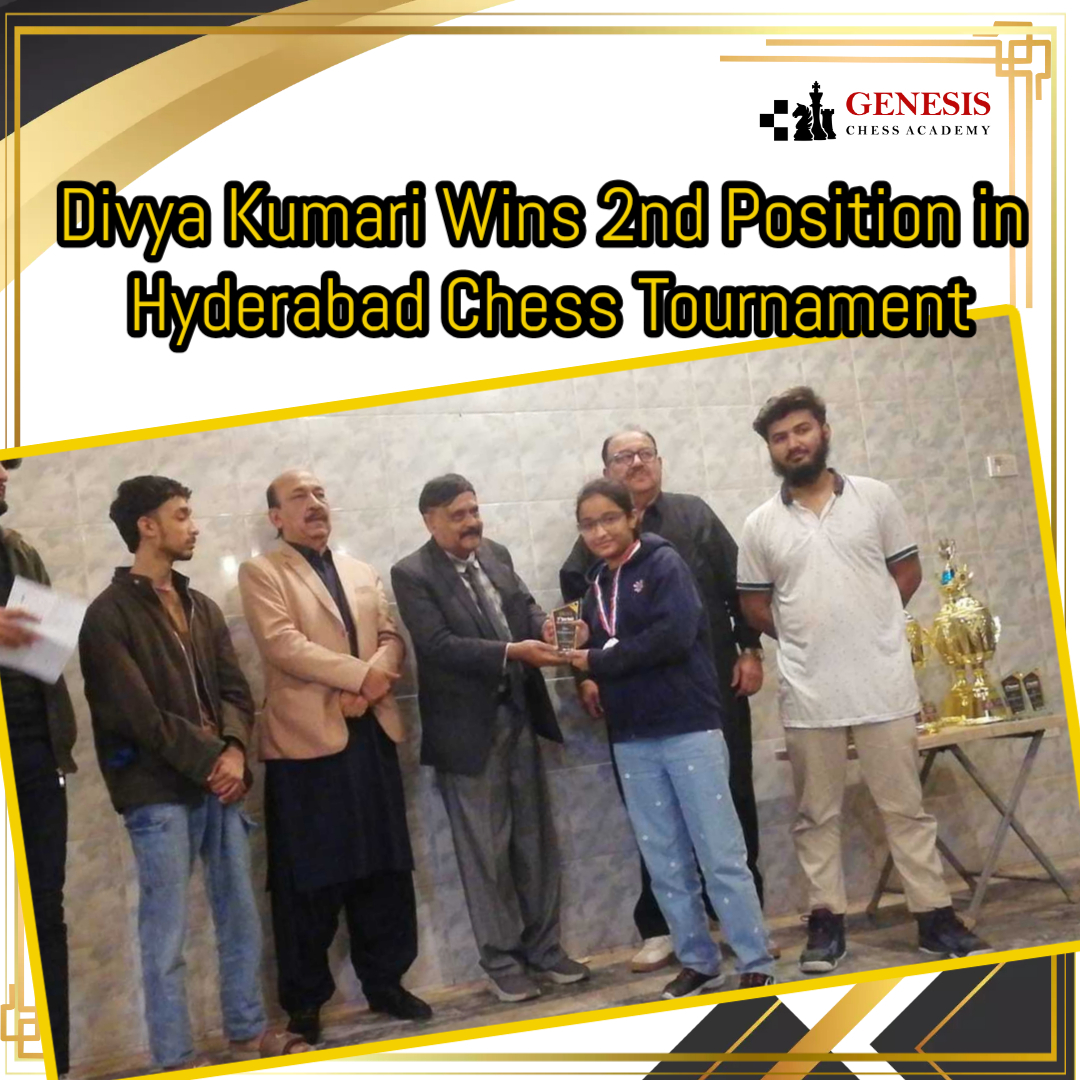
22 January 2026
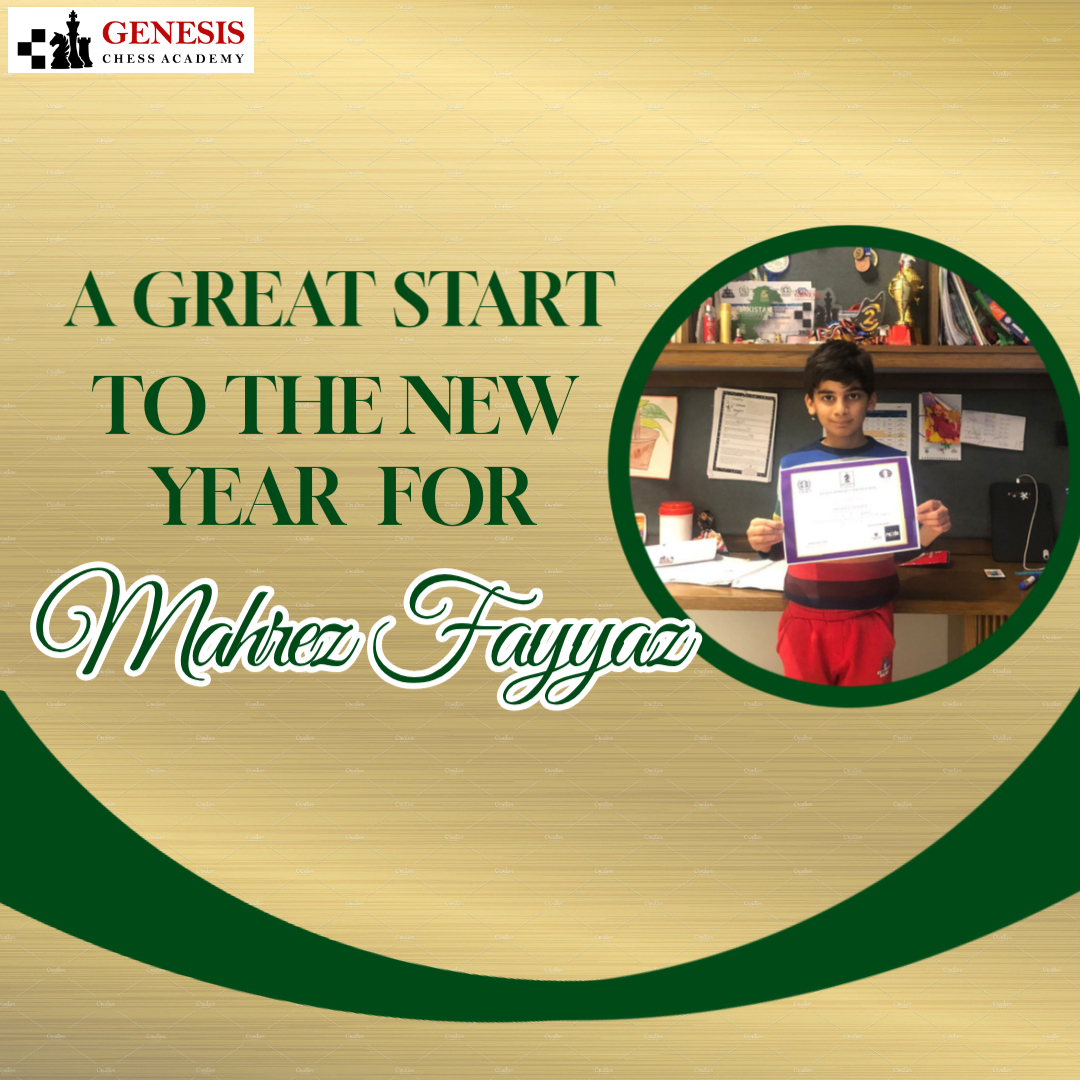
14 January 2026
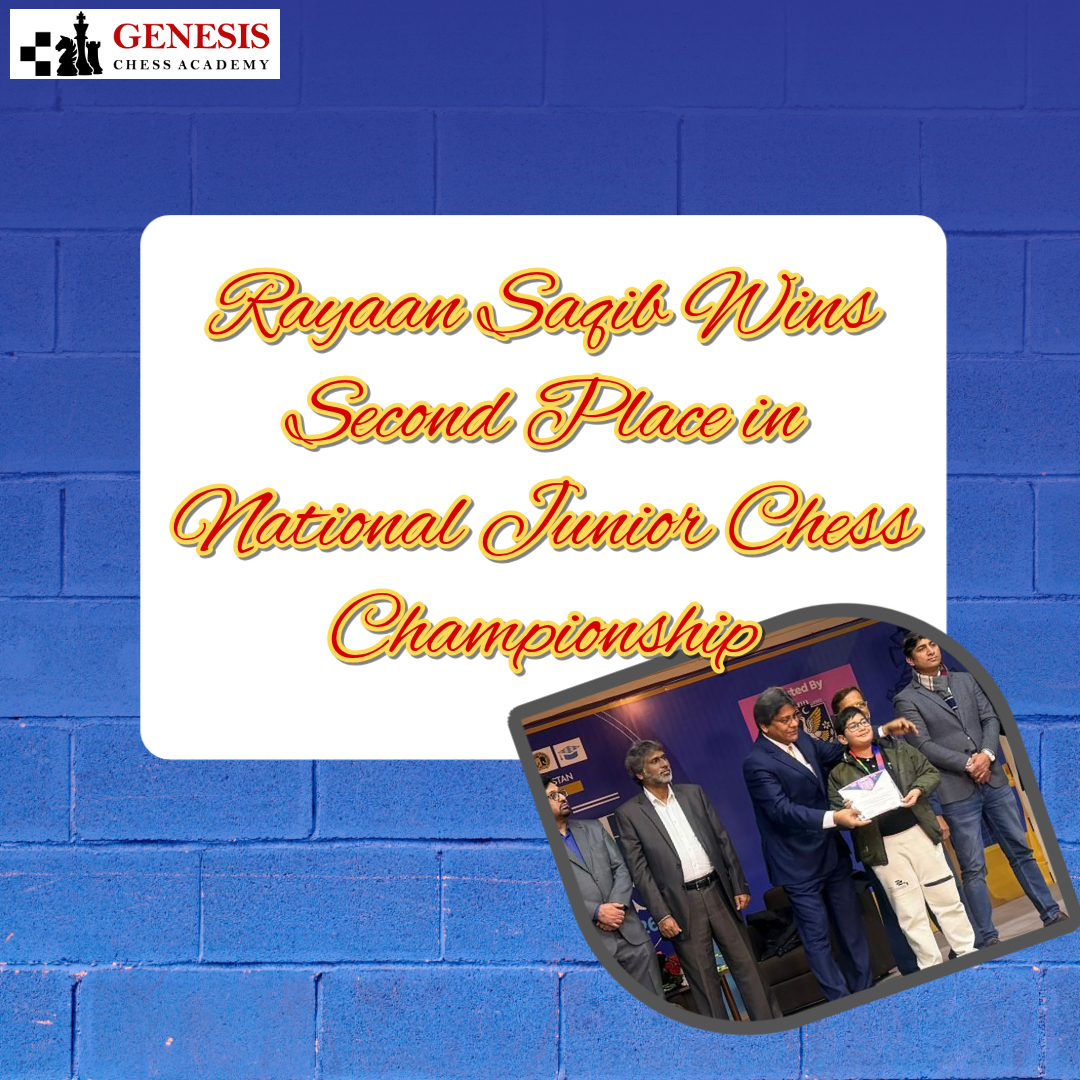
10 January 2026
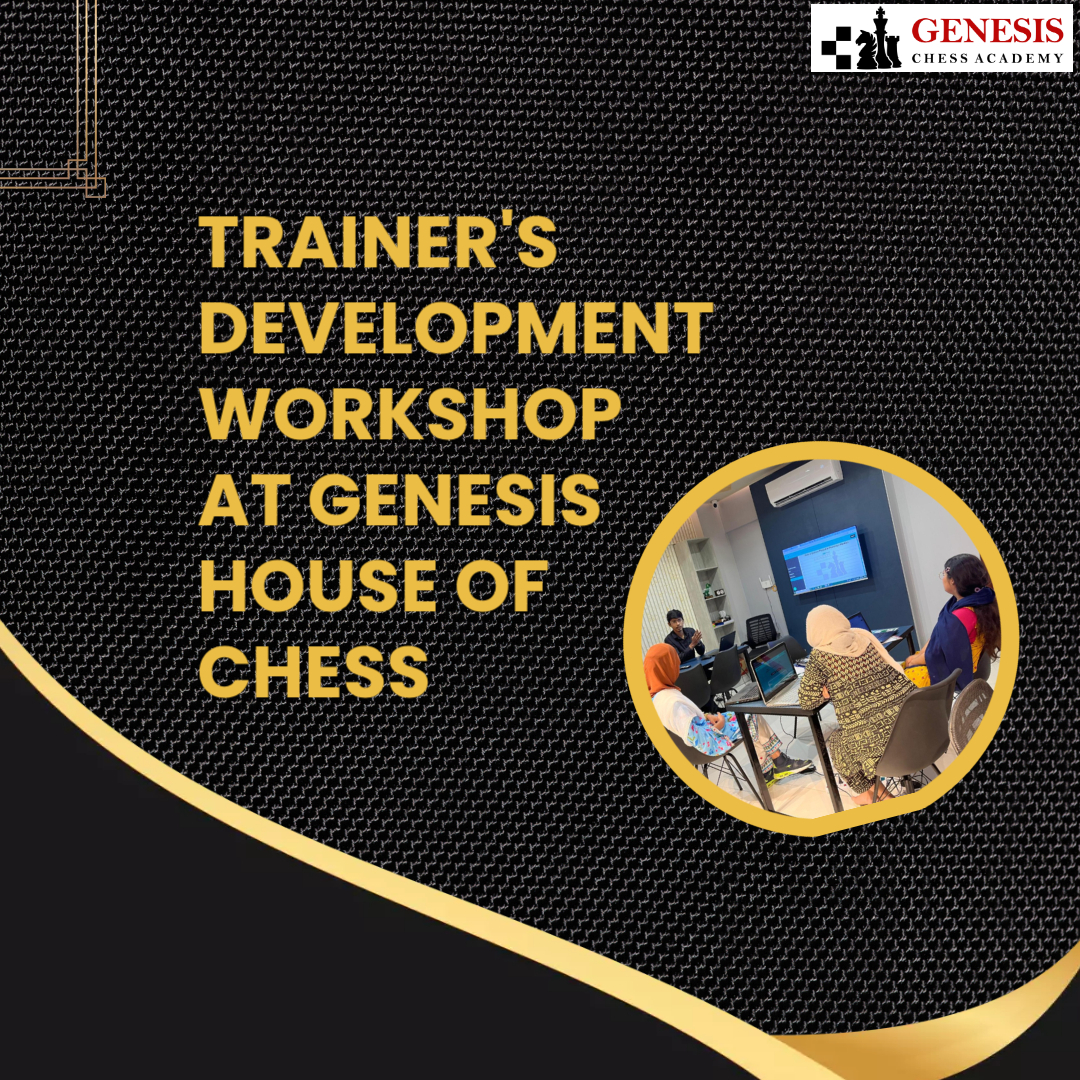
04 January 2026

31 December 2025

29 December 2025